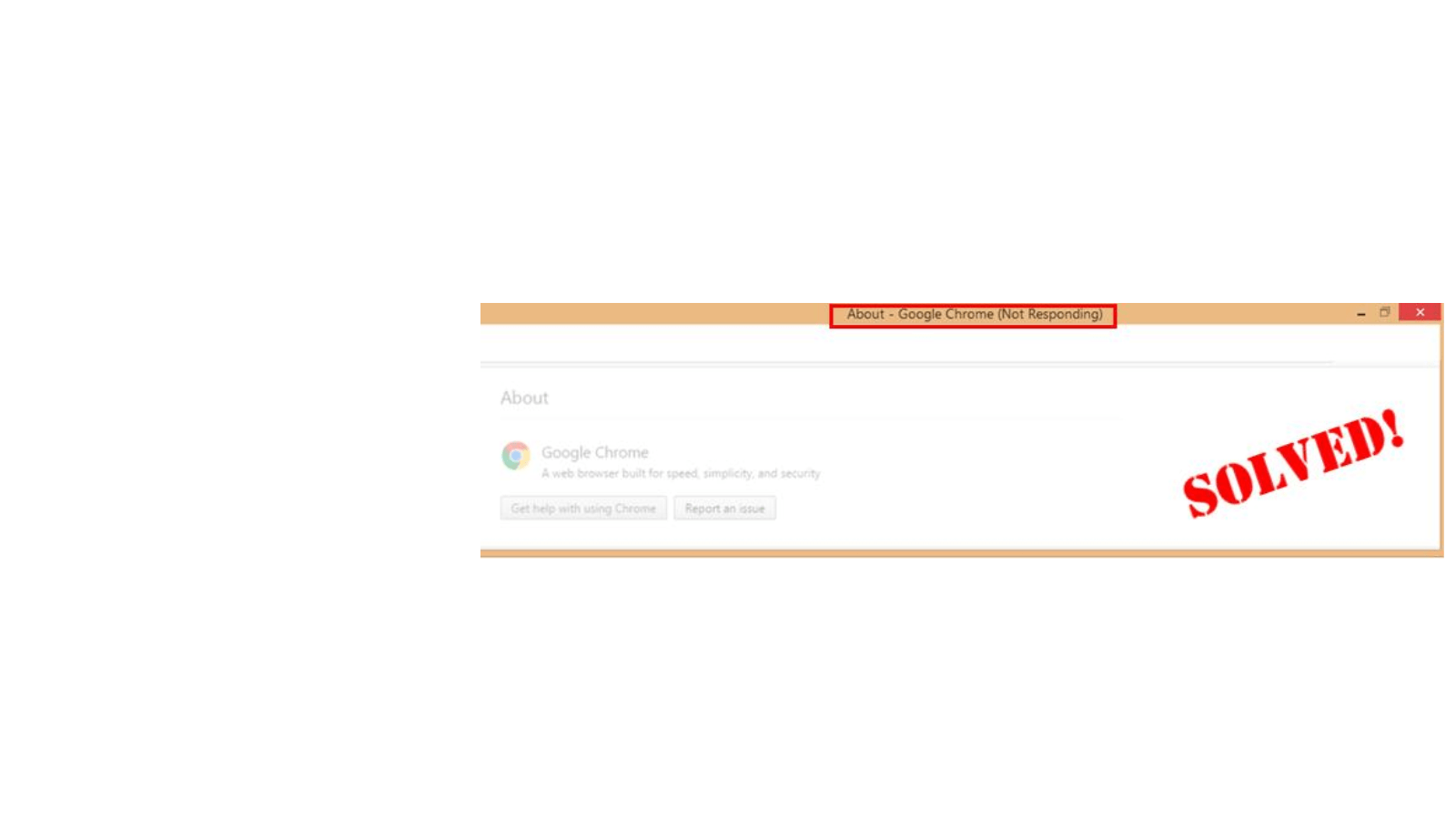Google Chrome not responding? You’re certainly not the only one. Although it’s quite frustrating, it’s often quite easy to fix…
5 fixes for Google Chrome not responding
You may not have to try all the fixes; just work down the list until you find the one that works for you.
- Clear cache and cookies
- Turn off Chrome add-ons
- Update your drivers
- Allow Chrome through Windows Defender Firewall
- Update or re-install Chrome
Fix 1: Clear cache and cookies
Cache and cookies are some temporary data that help speed up webpage loading. But too much of them may overload Chrome and cause this Google Chrome not responding problem. So in order to clear cache and cookies:
- Open Chrome.
- On the top right, click on the three vertical dots button > More tools > clear browsing data.
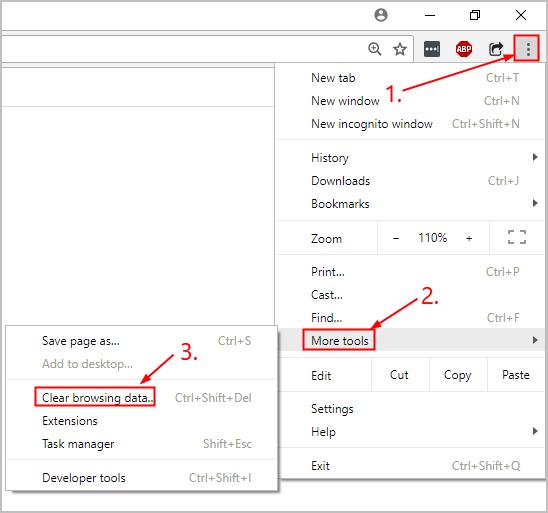
- In the drop-down menu, click to select the time range for the data cache clearing (Last 7 days in my example). Then click CLEAR DATA.
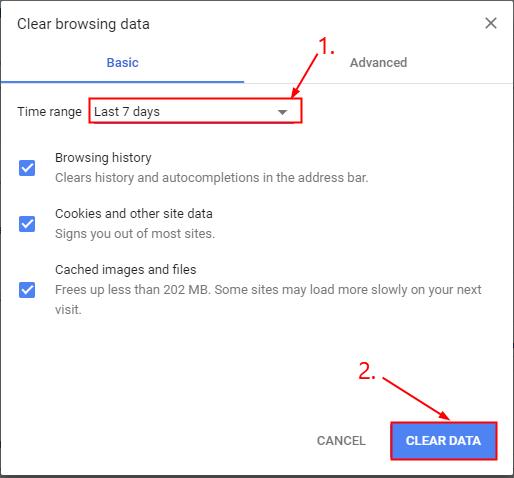
- Run Chrome and hopefully the Google Chrome not responding problem has been sorted. If yes, then great! But if the issue persists, you should try Fix 2, below.
Fix 2: Turn off Chrome add-ons
Add-ons are extensions to Chrome that allow you to do more things in your browser, or which improve your user experience. For example, the AdBlock add-on blocks ads. Extensions are sometimes added manually and sometimes added by other programs on your computer (hopefully with your permission).
If you have too many add-ons, they can may overload your browser and cause the Google Chrome not responding issue.
- Open Chrome.
- In the top right, click on the three vertical dots button > More tools > Extensions.
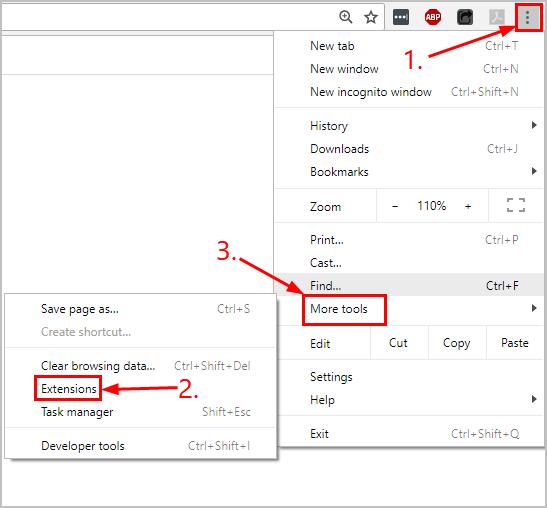
- Toggle off all the extensions on your Chrome.
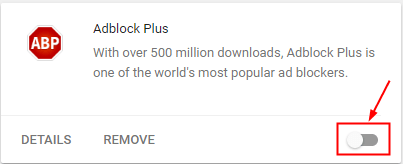
- Restart your computer and check if Google Chrome now works:
- If Google Chrome does respond after disabling all your add-ons, it’s likely one of your add-ons was the problem. Now you just need to figure out which one. To do this, enable the first add-on in the list, then see if Google Chrome still works. If it doesn’t, then you’ve found the cause of the problem. If Google Chrome works fine after enabling the first add-on, enable the second and test again. Continue testing each add-on in this way until you find the one that stops Internet Explorer from working. Once you find it, disable it again. If you need it, contact the vendor for support.
- If disabling your add-ons doesn’t solve the Chrome not responding issue, please try Fix 3, below.
Fix 3: Update your drivers
This problem may occur if you are using the wrong or outdated device drivers. So you should update your drivers to see if it fixes your problem. If you don’t have the time, patience or skills to update the driver manually, you can do it automatically with Driver Easy.
Driver Easy will automatically recognize your system and find the correct drivers for it. You don’t need to know exactly what system your computer is running, you don’t need to be troubled by the wrong driver you would be downloading, and you don’t need to worry about making a mistake when installing. Driver Easy handles it all.
You can update your drivers automatically with either the Free or the Pro version of Driver Easy. But with the Pro version it takes just 2 steps (and you get full support and a 30-day money back guarantee):
1) Download and install Driver Easy.
2) Run Driver Easy and click the Scan Now button. Driver Easy will then scan your computer and detect any problem drivers.
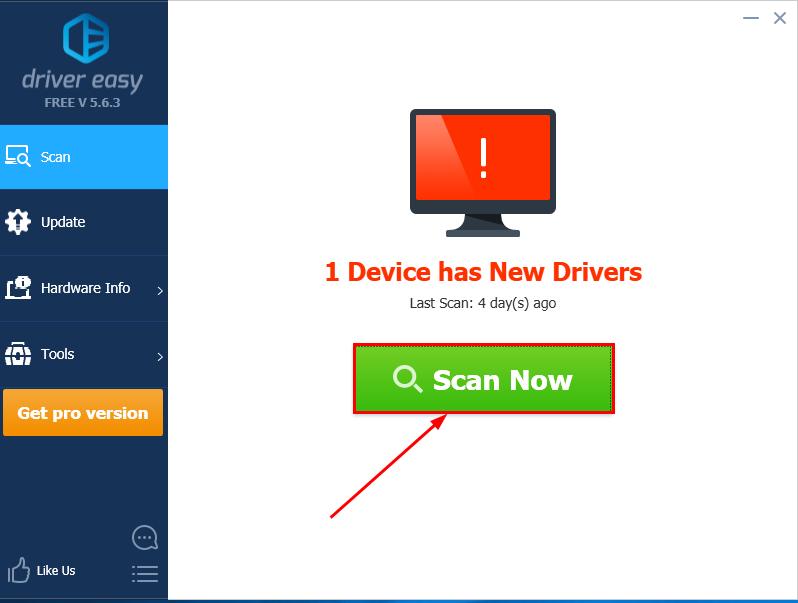
3) Click Update All to automatically download and install the correct version of ALL the drivers that are missing or out of date on your system (this requires the Pro version – you’ll be prompted to upgrade when you click Update All).
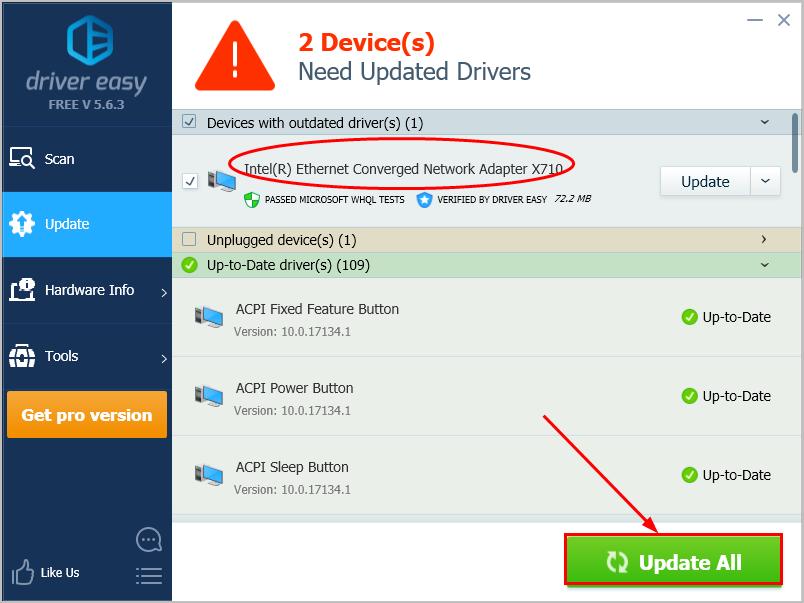
4) Restart your computer for the changes to take effect.
5) Open Chrome and see if the not responding issue has been resolved. If yes, then congrats! If the issue remains, you should try Fix 4, below.
Fix 4: Allow Chrome through Windows Defender Firewall
Sometimes the denied access to the Internet is another culprit for our Chrome locked up problem. To allow Chrome through Windows Defender Firewall:
1) On your keyboard, press the Windows logo key and R at the same time. Then copy & paste control firewall.cpl into the box and click OK.
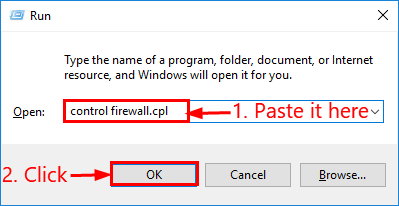
2) Click Allow an app or feature through Windows Defender Firewall.
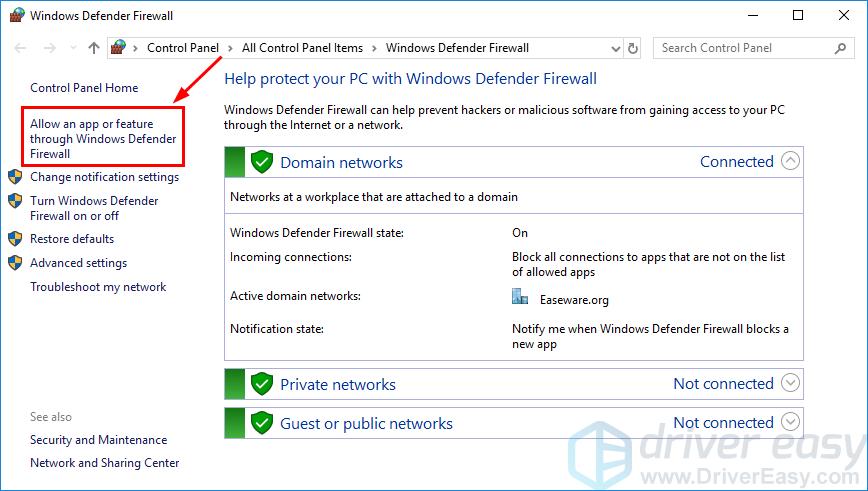
3) Click Change settings. Then make sure the 4 boxes for Google Chrome are ALL ticked and click OK.
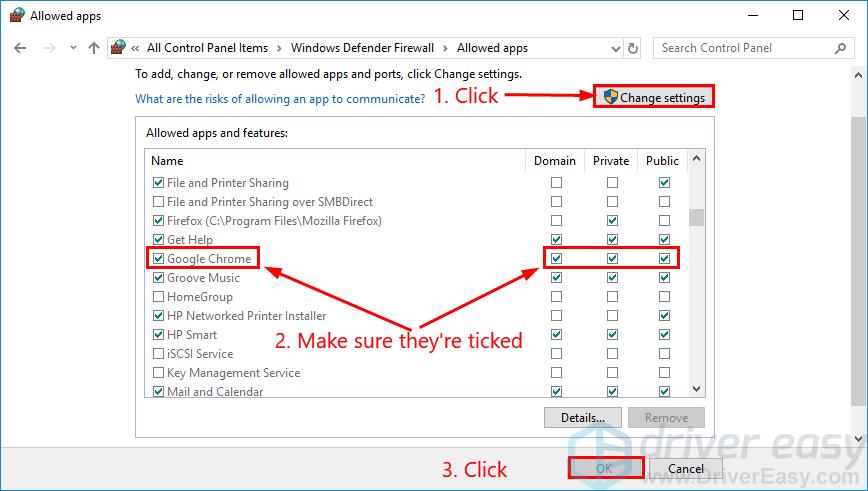
4) Re-launch Google Chrome and check if the Google Chrome not responding issue has been fixed. If yes, then great! But if it’s still no joy, please move on to Fix 5, below.
Fix 5: Update or reinstall Chrome
If all else fails, then we might have to update Chrome to see if there’s any bugfix in it that will solve the Chrome not responding issue.
To do so:
- Open Chrome.
- In the top right, click on the three vertical dots button > help > About Google Chrome.
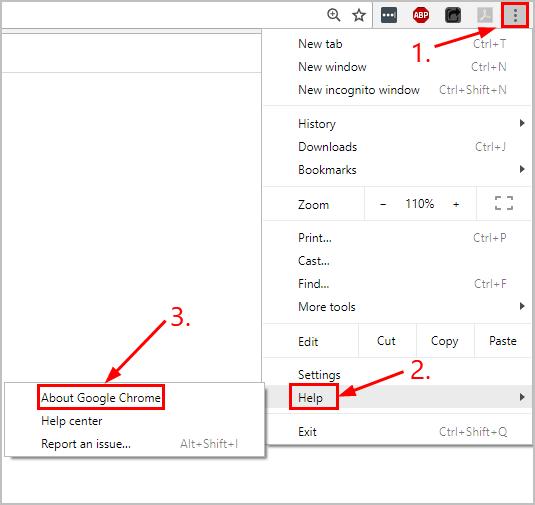
- Google Chrome automatically detects if there’s an update available:
- If yes, follow the on-screen instruction to finish the update.
- If no, delete Chrome and re-install it on Windows store or other trustworthy third-party website. (NOTE: This will erase your Chrome browser settings and data)
- Check if the Google Chrome not responding issue has been resolved.
Hopefully you have solved the Google Chrome not responding issue now. If you have any questions, ideas, or suggestions, please let us know in the comments. Thanks for reading! 🙂
Featured image by Simon Steinberger from Pixabay






